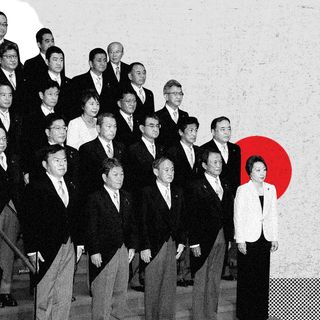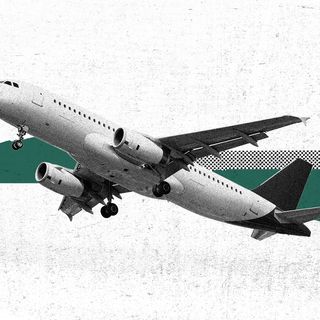Accredited Social Health Activists (ASHA) workers staged a large protest at Freedom Park, Bengaluru, yesterday in order to demand a fixed monthly pay of Rs. 12,000, a regular health check-up, and personal protective equipment kits including face masks, gloves and sanitizers. These ASHA workers had previously gone on strike for 20 days in July to highlight the same demands, and withdrawn after State Health Minister B. Sriramulu agreed to consider their demands. Due to a lack of intimation or action over the next two months, ASHA workers now chose to protest again.
ASHA workers have been on the frontlines of the rural community healthcare efforts since the beginning of Covid19 spread in India. Yet, even though ASHA workers work for the Ministry of Health and Family Welfare (MoHFW) as a part of the National Rural Health Mission (NRHM), they remain vulnerable and without adequate remuneration in the face of a pandemic.
According to a report by Amnesty International, ASHA workers have sustained “…continuous physical and verbal attacks from [their] community, tested positive for the virus and burnout across the length and breadth of India.” An ASHA worker from Maharashtra’s Surul district told Amnesty International, “We go every day and ask questions to people whether they have any symptoms. But we are totally exposed without any mask, gloves etc. The shawl I tie across my face is just something for my solace. It won’t really protect me, I know.”
Related on The Swaddle:
Between Unpaid Agricultural, Domestic Labor, Women Lack Time, Energy to Feed Children
ASHA workers’ salaries vary from state to state, and the government provides further incentives for extra work around immunization and reproductive health. “Their job is purely incentive-based and not full-time. They are community mobilisers, who have been selected and not recruited, and this difference in terminology matters. Their salaries cannot be fixed as they are neither contractual nor outsourced employees, and therefore it would be a violation of rules by the Government of India,” Dr Prabhu Gowda, Karnataka state nodal officer for ASHA workers, told The Wire.
The Benguluru protests are not a stand-alone event. ASHA workers have previously expressed dissatisfaction via protests across the country. In Haryana, ASHA workers protested to create a risk allowance and increased incentives. In Punjab, ASHA workers broke earthen pots to demand an increase in their salary. In Telangana, ASHA workers utilized digital protests to demand job security. Yet, through government inaction and months without pay, they continue to remain at the front-lines, working to raise awareness and help the country fight Covid19.
“The Government refuses to even acknowledge the ASHAs as part of official definition of ‘worker’ under relevant labor laws and therefore conveniently escape from their obligation of addressing the concerns of the workers. Now, the ASHA workers are putting their lives at risk without being adequately compensated,” Shankari Pujari, Secretary of Maharashtra ASHA and Block Facilitators Women’s Union, told Amnesty International.




